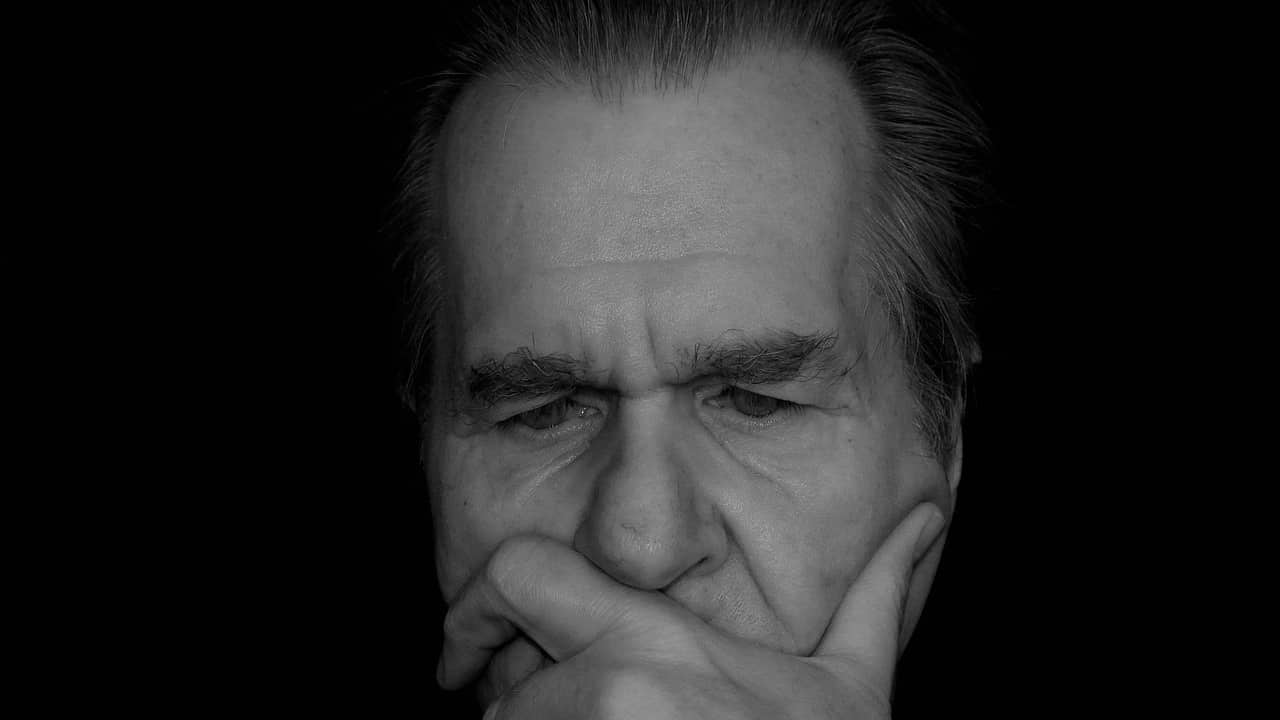Don’t touch my bread government is a concept that emphasizes the importance of protecting individual liberties against excessive government interference, especially in matters that may seem trivial or inconsequential. This notion arises from the belief that individuals should have the freedom to make their own choices, even regarding something as simple as their daily bread. Let’s delve deeper into this idea and explore its significance in maintaining personal autonomy and upholding democratic values.
1. Bread, Symbolic of Personal Freedom
Bread holds special meaning in the context of personal freedom. Throughout history, it has been used as a symbol of sustenance, nourishment, and independence. The act of baking or purchasing bread has always been regarded as an individual’s prerogative to sustain themselves and their loved ones. Thus, any government intervention in such matters can be seen as an infringement on personal liberty.
Example:
- The government imposing restrictions on the sale or consumption of certain types of bread infringes upon people’s inherent right to choose their nourishment based on their preferences and needs.
2. The Slippery Slope of Government Intervention
Limiting government intervention in small, seemingly insignificant matters, such as bread consumption, acts as a safeguard against the erosion of more significant personal freedoms. When the government starts regulating trivial aspects of our lives, it sets a dangerous precedent. It paves the way for increased interference in other areas, gradually chipping away at our rights and impinging on our autonomy.
Example:
- If the government can dictate the type of bread we eat, what’s to stop them from influencing our clothing choices, recreational activities, or even our relationships?
3. Balancing Public Health Concerns
While it is crucial to champion individual liberty, there are instances where government intervention may be necessary to protect public health. In the case of food safety regulations, for example, the government plays a vital role in ensuring the well-being of its citizens. However, striking the right balance between preserving personal freedom and safeguarding public health is key for a thriving democracy.
Table: Balancing Individual Freedom and Public Health
| Aspect | Government Intervention | Preservation of Individual Freedom |
|---|---|---|
| Food safety standards | Implementing regulations to ensure hygiene and prevent foodborne illnesses. | Allowing individuals to choose their preferred sources of food while meeting necessary safety standards. |
| Dietary guidelines | Providing recommendations for a balanced diet to promote good health. | Respecting individuals’ dietary choices and cultural practices while offering educational resources to make informed decisions. |
4. Individual Rights and Cultural Diversity
The “don’t touch my bread government” ideology also acknowledges the importance of honoring cultural diversity and respecting traditional practices. Different communities and individuals have distinctive ways of making and consuming bread, deeply rooted in their heritage and identity. By allowing individuals the freedom to preserve their cultural practices, unique traditions can flourish, fostering a society that values and appreciates diversity.
Example:
- Respecting the baking methods and ingredients used in various regions across the country enables the preservation of culinary traditions and cultural heritage.
5. Effective Governance through Citizen Engagement
Embracing the “don’t touch my bread government” mindset contributes to effective governance through citizen engagement and participation. When individuals have the freedom to make decisions according to their preferences, they become more invested in the democratic process. This engagement leads to a more inclusive and representative government that truly reflects the will of the people.
Example:
- By involving citizens in policy discussions related to food regulations, the government can gain valuable insights and make informed decisions, considering diverse perspectives.
In conclusion, the notion of “don’t touch my bread government” emphasizes the importance of preserving individual liberties, protecting personal autonomy, and upholding democratic principles. By acknowledging the significance of seemingly trivial aspects such as bread in our lives, we ensure the maintenance of fundamental rights essential for a flourishing society. Striking the right balance between government intervention and individual freedom is crucial to navigate the challenges of health regulations, cultural diversity, and effective governance.
